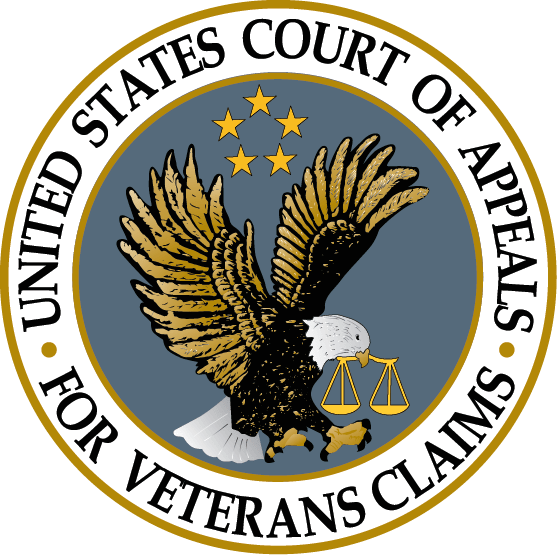
What is a Service Record?
Your military service record sometimes referred to as an Official Military Personnel File (OMPF), is a collection of administrative documents that records a wide array of information about your time spent serving in the armed forces. Among other things, the record contains details of your enlistment and appointment, training and qualifications, performance evaluations as well as any disciplinary actions.
Your record functions as a summary of your military service, whether it’s taken you to San Diego or San Francisco, Guam or Europe. As such, it has an enduring impact no matter how long or short your time in the armed forces. Among other things, it can affect your employment prospects, eligibility for VA benefits, and overall reputation. So, of course, you want it to be accurate.
Why You Might Want a Record Review
Like other aspects of military life, the maintenance of members’ records is highly regulated. But – like other aspects of military life – that doesn’t prevent mistakes from happening. The military archival system is vast and complex, and misleading or outright erroneous information gets into members’ records often enough.
Such faulty information can have numerous unfair consequences, ranging from missed promotions to reduced security clearance to, in some cases, even criminal charges. Fortunately, there are also administrative systems to help service members address and correct errors in their records: the Board of Correction of Naval Records (BCNR) and the Board of Correction of Military Records (BCMR).
How Corrections are Made
If an error is discovered in a service member or veteran’s record, or some injustice occurs because of such an error, there is a process to fix it. The service member, their survivor, or legal representative may submit a request for correction to either the BCNR or BCMR to review it.
Three things are required for filing a request to a records review board:
- Completion and submission of Department of Defense Form 149
- Submission of any and all evidence to support the claim of injustice or inaccuracy.
- Filing within the 3-year statute of limitations; that is, within three years of discovering the error or injustice.
It’s worth noting that the statute of limitations can be waived in some cases. However, waiting does not make it any easier. The extra time puts an additional burden of proof on you. In addition to asking to have the record corrected, you must now explain why filing was delayed.
In addition to general correction requests, the BCNR and BCMR can review and correct some discharges, depending on the type and circumstances. Even if you have a request for discharge review that falls outside the purview of the BCNR or BCMR, each branch of the military also has a Discharge Review Board (DRB) that may be able to process such cases.
Maintain Your Military Career.
Almost any adverse record, from a fitness report to a court-martial finding, can potentially be corrected through an appeal to the appropriate board of review. However, the burden of proof lies with the service member or whoever is pursuing the correction on their behalf. And this often means navigating the dense thicket of military records, regulations, and administrative organizations to find the evidence you need.
It goes without saying that it helps to have someone on your side who knows how to navigate these complex systems and knows exactly what kind of evidence you need to look for. With decades of experience advocating for service members, from San Diego to San Antonio, Stephen Brodsky has the necessary support and expertise to complete any record review case.




